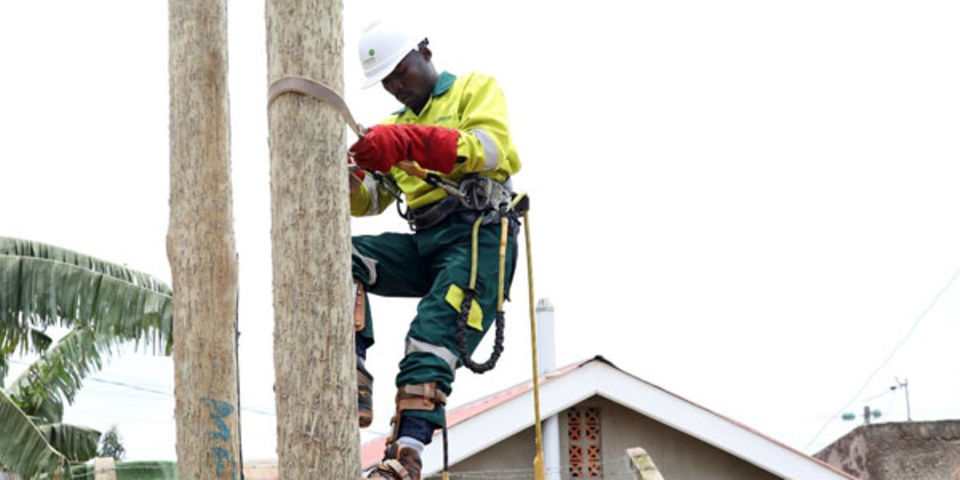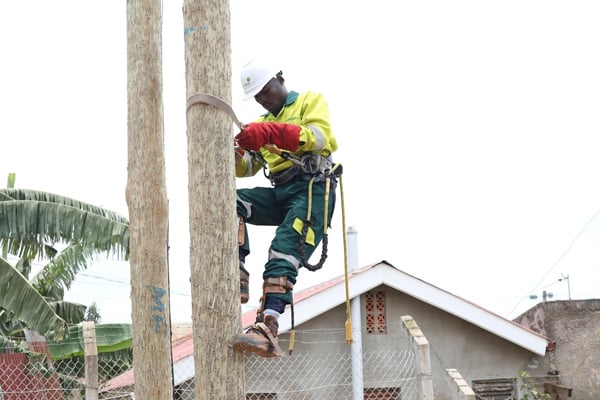The anti–vandalism force should get down to business

The creation of a task force to tackle the vandalism of electricity infrastructure seems to have gone unnoticed.
Its formation is significant because now in place is a unit with the punch to knock out the vandals of public infrastructure.
The unit is comprised of the Uganda People’s Defence Forces, which has been instrumental in checking illegal fishing, the Uganda Police Force, Internal Security Organisation (ISO), and the External Security Organisation (ESO).
The Uganda Police Force has investigative powers while ESO will interest itself in claims that some of the vandalised material ends up in neighbouring countries as scrap metal.
The other partners are the Uganda Electricity Generation Company Ltd, Uganda Electricity Transmission Company Ltd, Uganda Electricity Distribution Company Ltd, Umeme Ltd – which endure the most of vandalism, and the Ministry of Energy, the policy organ.
According to the Minister of Energy and Mineral Development, Ruth Nankabirwa, this inter agency unit will help to secure power infrastructure, whose destruction rose between 2020 and 2021, surprisingly because the country was under lockdown.
She told the Parliament Committee on Environment and Natural Resources recently that besides deemed energy costs, low access to grid electricity and tariffs, vandalism is the other “key challenge” the sector is grappling with and that it compromises national security.
For instance, in March this year, vandals still at large interrupted the transmission of power to the National Leadership Institute in Kyankwanzi District just ahead of President Museveni’s visit to the institute to address Uganda’s diplomats.
The distribution utility had to scramble workers to string afresh the wrecked stretch of the line.
Earlier, in December 2020 thugs with an unconscious desire for their own death brought down the line to the army’s Second Division Headquarters in Mbarara District.
Many households, too, are at the mercy of criminals who are after their power as well as water meters and inspection covers while the roads authority is losing road signs
In the case of Umeme, the utility lost Shs3.6 billion in the form of poles, conductors, and transformers because of vandalism in the first quarter of 2022, according to the company’s managing director Selestino Babungi.
Extrapolate that figure over the remaining three quarters of the year and the loss could balloon to Shs14.4 billion by the end of the year – thus Babungi says the anti-vandalism task force should get down to business: “Identify the market for electricity paraphernalia, establish how the stolen gear is transported across Uganda, identify the perpetrators” and prosecute those against whom there is incriminating evidence.
To situate the formation of the task force, in 2017 the Judiciary instituted a Utilities court to attend to utilities and wildlife-related criminal cases while Parliament last week okayed the Electricity Amendment Bill, 2022 to provide for hefty fines – ranging from Shs400 million to Shs1 billion for power theft and vandalism respectively and 10 and 15-year jail terms for those convicted of vandalising power installations and stealing electricity.
In 2021, the Energy Ministry directed power utilities to verify the sources of material the latter’s contractors supply to rule out the possibility of the material being stolen.
At the same time, communities are being encouraged to report to the authorities and the utilities suspicious activities or suspicious persons lurking near power installations.
There is need to discourage people from celebrating criminally successful vandals who seem to have ‘made it’ in life.
To wrap up, with the task force in place, the electricity utilities will get government support in relation to fighting vandalism.
What is left now is for the task force to get down to business – protect public infrastructure.
Once the vandals know the risk of being caught is higher and the penalties hefty, they will certainly desist from the vice whose cost is humongous and disrupting livelihoods.
Nelson Wesonga, Umeme Ltd




